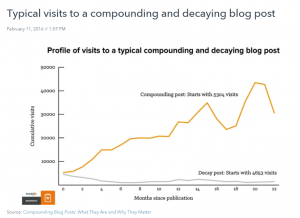Yelp Cracks Down On Compensated Reviews
Yelp called on other platforms Monday to crack down on reviewers getting paid to review products and services.
The company on Monday called on other platforms, albeit buried at the bottom of its post, to work with Yelp to stop illegal compensated reviews from posting online in exchange groups, forums, direct messages and other places.
“We’ve seen other platforms profit from these efforts,” Aaron Schur, general counsel at Yelp, wrote in a post. A Google search for “get more 5 star reviews” will surface several Google Ads for companies using questionable tactics (and in some cases, Google’s own API) to increase reviews and inflate ratings on Google Maps (including companies that recently received warning letters from the FTC concerning their review practices).”
This is one of several ways that reviewers get paid. Last week, the U.K. announced regulations granting new powers to its Competition and Markets Authority. The regulations clarify that it is illegal to pay someone to write or host fake reviews in the U.K.
Schur hopes this will inspire industry-wide change.
In the U.S., per the Federal Trade Commission, fake reviews are a form of false or deceptive advertising and those who write and publish them can be prosecuted.
Protecting consumers from misleading reviews is not just up to regulators. Yelp is calling for online platforms to step up and prioritize investment in curbing fraudulent review commerce, such as in review purchase or exchange groups or by directly contacting reviewers on social media platforms.
“The fraudulent reviews that result from these forums attempt to deceptively inflate online business ratings and review counts, creating false signals of quality and popularity,” he wrote. “Not only do compensated reviews mislead consumers and create a disadvantage for other businesses, they’re illegal and need to be mitigated across all online platforms.”
When Yelp finds users who get compensated for reviews, the company removes the reviews, closes the account and takes steps to block the users from creating Yelp accounts in the future.
Yelp built automated recommendation software that alert the company and other online platforms when suspicious activity occurs.
Its consumer Alerts program, introduced in 2012, warns consumers when the company finds evidence of extreme attempts to manipulate a business’s ratings and reviews.
Sometimes Yelp will pass on that information to the other platforms or consumer protection agencies at the state and federal levels.
“To keep compensated reviews off of Yelp means we also need to monitor and investigate shady review behavior across the web, other platforms and even the dark web,” he wrote. “Yelp’s investigators regularly monitor and infiltrate online groups where people may attempt to trade or pay for reviews.”
(23)
Report Post






